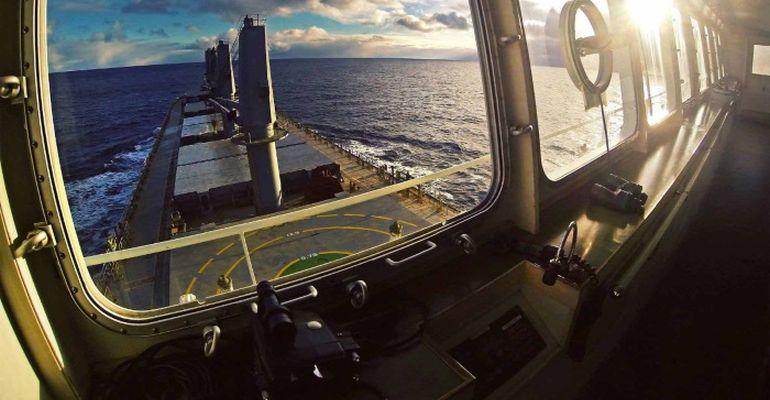Monaca-based Marfin will use BunkerTrace to track marine fuel, using synthetic DNA markers at specific points of the supply chain and record each transaction in a blockchain-based solution.
BunkerTrace said its solution also demonstrates the readiness to transform how business comply with IMO 2020 sulphur cap.
Marc Johnson, ceo at BunkerTrace, commented: “With the implementation of the IMO sulphur cap, owners, managers and fuel suppliers need to manage their fuels with greater scrutiny.”
Introduced in October 2019, the BunkerTrace solution enhances marine fuel traceability and provides a clear chain of custody for better quality assurance in the bunker fuel supply chain.
Marfin, which operates handmax to ultramax bulk carriers, will use this tool to manage the risk of non-compliant or even potentially dangerous contaminated marine fuels onboard.
“Our aim is to take back control of the entire bunkering process, from insurance and supply to purchasing and bunkering,” said Alex Albertini, ceo of Marfin.
“By adding BunkerTrace’s unique tags at specific points of the bunkering process from terminals to bunker barges and being able to validate the stem in real time onboard the vessel, while uploading all the process information on a blockchain infrastructure will create full transparency and accountability for every stakeholder in every bunkering operations,” Albertini said.
Johnson added: “As several new players enter the bunkering market and the use of blended fuel increases, it’s more important than ever that owners and managers have confidence in the fuel they are buying and loading.
“Using blockchain in marine fuels operations is already a natural fit for managing data in an often fragmented chain; but combining this digital technology with synthetic DNA to create unique tags linked to key data such as location, provenance and chain of custody, is what really makes this such a solid system for owners, insurers, suppliers, and crew to use,” he said.
Copyright © 2024. All rights reserved. Seatrade, a trading name of Informa Markets (UK) Limited.
Add Seatrade Maritime News to your Google News feed.  |

